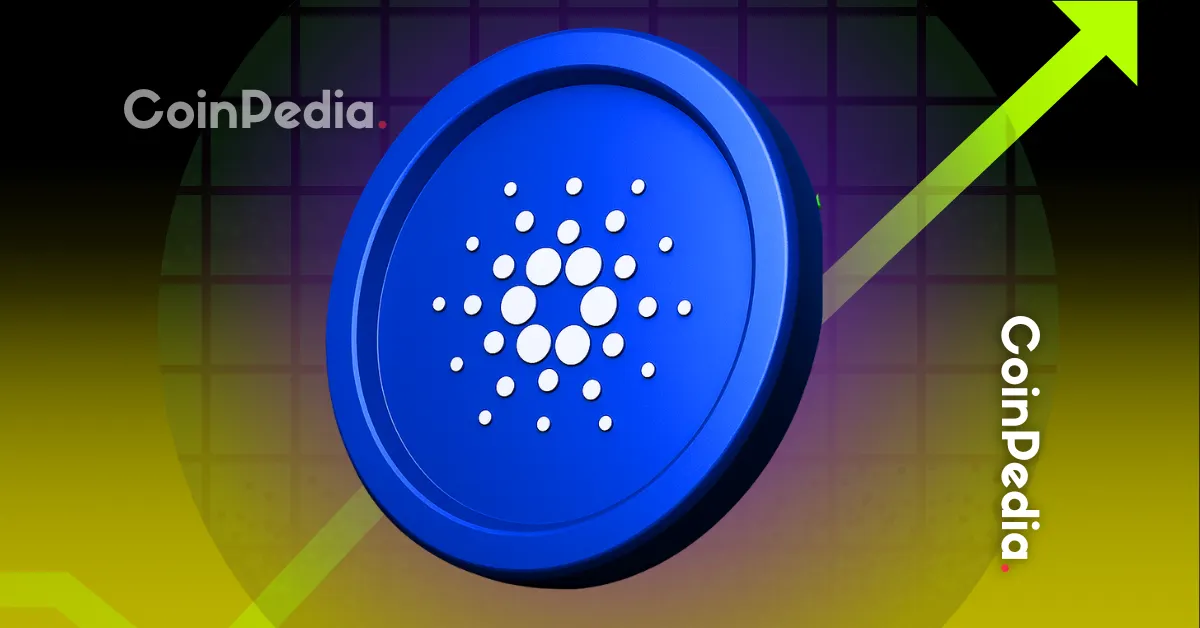
Cardano’s Exclusion from U.S. Blockchain Data Initiative
Cardano, one of the leading blockchain platforms, recently found itself excluded from a groundbreaking U.S. government initiative to publish official economic data on public blockchains. Despite its notable market presence and technical reliability, this decision raised many eyebrows across the crypto community.
Charles Hoskinson, the founder of Cardano, addressed this issue during an Ask Me Anything (AMA) session. He revealed that the high integration costs quoted by Chainlink, the prominent oracle provider, were a significant barrier. Hoskinson stated, “They gave us an absurd number for integration. We’ll handle it, we’ll figure it out. Sergey [Nazarov, Chainlink’s co-founder] is an extremely smart man who knows he’s sitting on a golden egg. He knows his worth.”
The Implications for Cardano’s DeFi Ecosystem
This exclusion has sparked criticism among some Cardano supporters, with arguments that the platform has missed critical opportunities in its development journey. Cardano has enjoyed a stellar reputation, including a five-year record of zero downtime. However, the blockchain is often criticized for lagging behind competitors in terms of utility and adoption.
Hoskinson hinted at future expansions that may revamp Cardano’s presence in the decentralized finance (DeFi) space. The network is exploring partnerships with major players such as Aave, a leading DeFi protocol, and USD1, a dollar-pegged stablecoin. USD1 already operates on networks such as Ethereum, BNB, and Tron. Cardano’s integration with USD1 and Aave could enhance its DeFi offerings substantially.
Chainlink’s Growing Impact
Chainlink, the oracle provider at the center of the integration cost debate, continues to make strides in institutional adoption. Recently, Chainlink partnered with the U.S. Department of Commerce to publish official economic data on-chain. This initiative spans multiple blockchain platforms, including Ethereum and Avalanche. Following this announcement, Chainlink’s native token, LINK, saw a notable surge of over 5%, reflecting increased investor confidence.
The Future of Cardano
While the exclusion is a setback, Hoskinson’s optimism regarding upcoming partnerships could signal a brighter future for Cardano. Increased collaborations with key DeFi players and stablecoin integration may help the network close the gap with its competitors, offering users more robust financial tools on a secure and scalable blockchain.
For anyone invested in the latest blockchain advancements, keeping an eye on Cardano’s evolving partnerships and exploring products connected to Chainlink or stablecoins can provide significant insights. A great product to help beginners understand DeFi concepts is the Ledger Nano X—a hardware wallet designed for secure management of crypto assets, including ADA and LINK.



